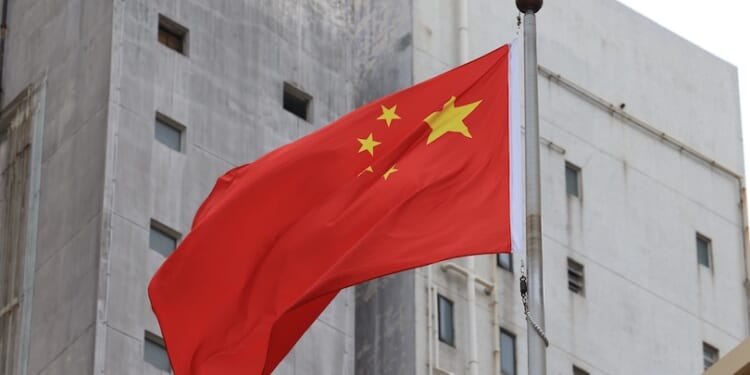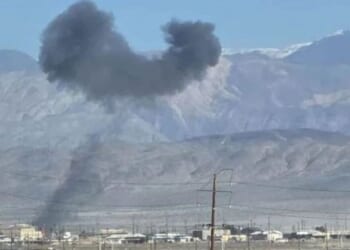(LifeSiteNews) — China today consecrated a bishop of Shanghai with the approval of Pope Leo XIV under the controversial Vatican-China deal.
Father Wu Jianlin was consecrated auxiliary bishop of Shanghai on Wednesday morning, following his “election” by the state-controlled Chinese Patriotic Catholic Association on April 29 during the papacy’s vacancy. Pope Leo XIV approved Jianlin as auxiliary bishop in August under the Sino-Vatican deal, the Vatican announced Wednesday.
“On August 11, 2025, Pope Leo XIV appointed Rev. Ignatius Wu Jianlin as Auxiliary Bishop of Shanghai, having approved his candidacy within the framework of the Provisional Agreement between the Holy See and the People’s Republic of China,” reported Vatican News.
Jianlin was consecrated principally by Joseph Shen Bin, bishop of the Diocese of Shanghai, in the Cathedral of Shanghai, China’s biggest city.
The new auxiliary bishop is one of two bishops who were selected by the CCP during the sede vecante period after Pope Francis’ death, eliciting concerns that China was taking advantage of the vacancy.
The CCP’s move to appoint two bishops during this period demonstrates that Beijing does not see the role of the Holy See or the pope as important. It further points to the fact that in the highly secretive Sino-Vatican deal, it appears to be China – rather than the Holy See – that is in charge.
The officially secret deal, signed in 2018, is believed to recognize the state-approved church in China and allows the Chinese Communist Party (CCP) to appoint bishops. The pope apparently maintains veto power, although in practice it is the CCP that has control. It also allegedly allows for the removal of legitimate bishops to be replaced by CCP-approved bishops.
The deal was renewed most recently in 2024 for a four-year period.
The appointment of Wu to the Diocese of Shanghai is especially significant given that its current China-recognized bishop, Shen Bin, is a counter to a Vatican-recognized bishop who was placed under house arrest.
Bishop Shen Bin was given the see by the CCP in April 2023 – incidentally in a ceremony led by Wu himself and in a move that the Vatican was not informed of.
Shen had been the Vatican-recognized bishop of Haimen, and the Vatican-recognized bishop of Shanghai was Bishop Thaddeus Ma Daqin. Ma Daqin has remained under house arrest after refusing to adhere to the communist-run state-church and was not recognized by the CCP, however.
In July 2023, Pope Francis bowed to Beijing and recognized Shen as the bishop of Shanghai.
Shen has long been a leading figure in the schismatic communist church in China, including in the bishops’ conference recognized by the CCP but not by the Vatican.
Since mid 2023, Shen has also become a key figure in the relationship between the Holy See and China, but, as China expert Steven Mosher wrote, “whatever else his beliefs, Shen is a faithful and trusted servant of the Chinese Communist Party.”
Notwithstanding the continued public shaming the Holy See has received at the hands of the Chinese, the late Pope Francis and Cardinal Pietro Parolin – Francis’ secretary of state and architect of the deal – have long defended the Sino-Vatican deal.
Cardinal Joseph Zen, emeritus bishop of Hong Kong, has repeatedly criticized it strongly. He described the agreement as an “incredible betrayal” of China’s Catholics and accused the Vatican of “selling out” Chinese Catholics.
He has been supported by numerous activists and China experts, including former U.S. Secretary of State Mike Pompeo, who warned in 2020 that “(t)he Vatican endangers its moral authority, should it renew the deal.”
Additionally, the deal has led to an increase in religious persecution, and the U.S. Congressional-Executive Commission on China has documented this in its annual reports.

















